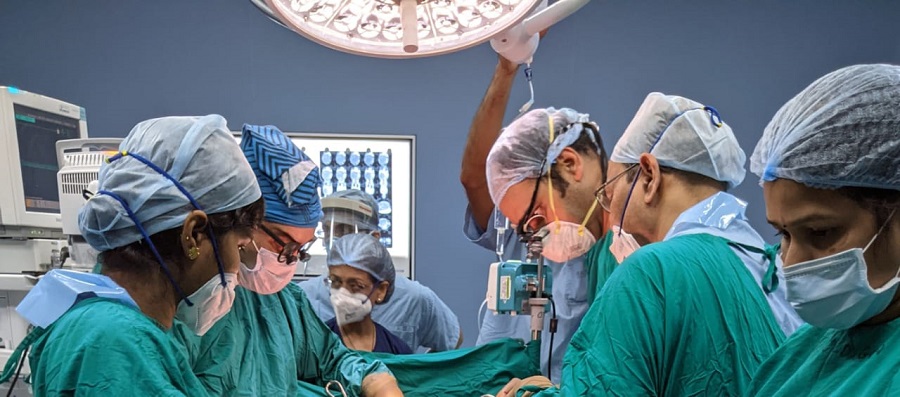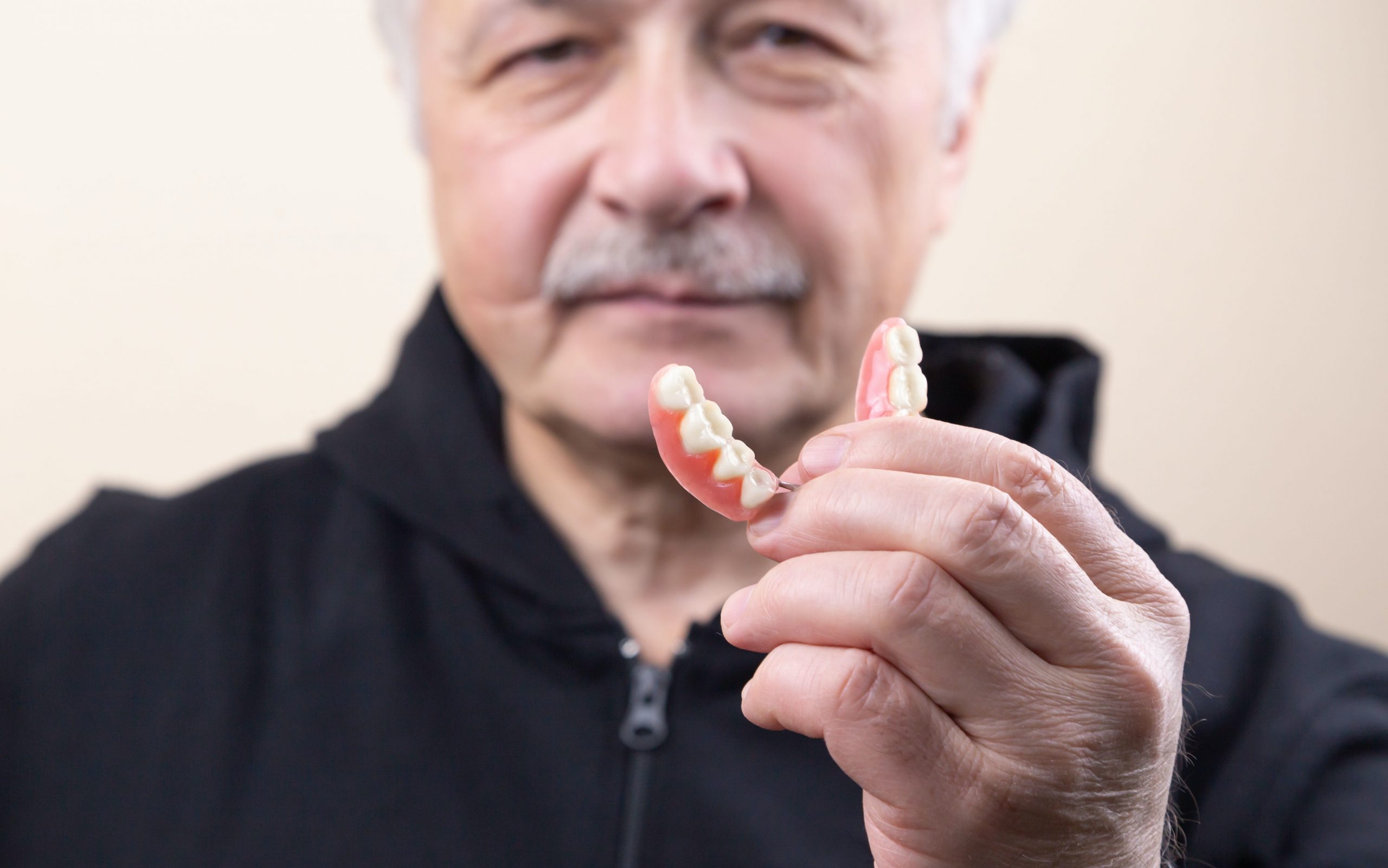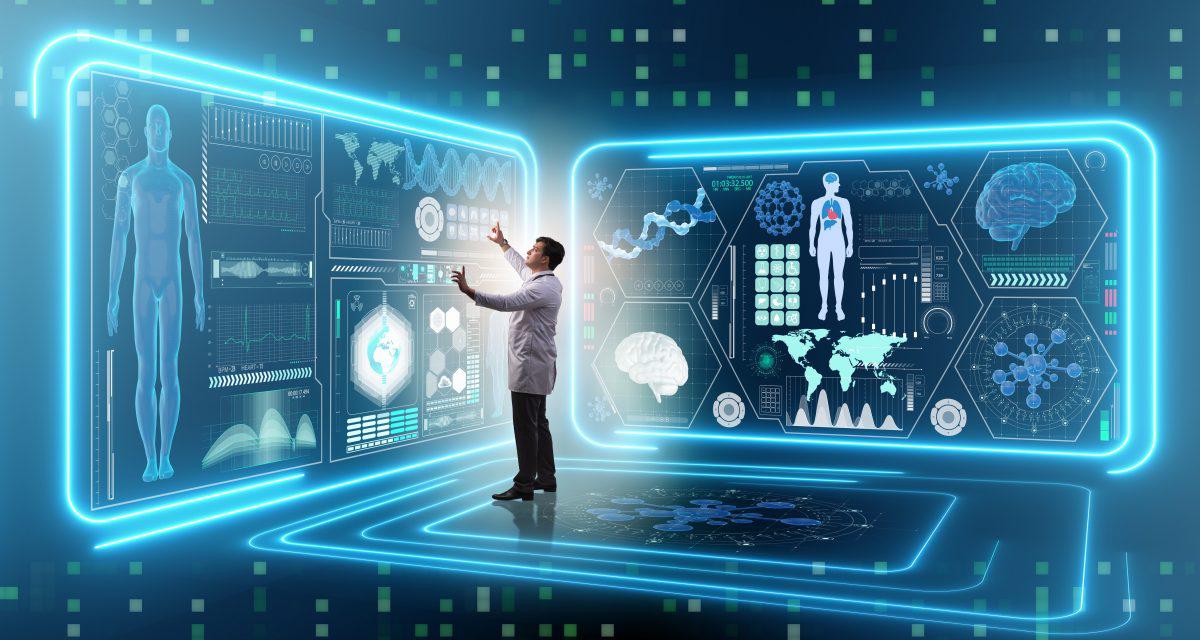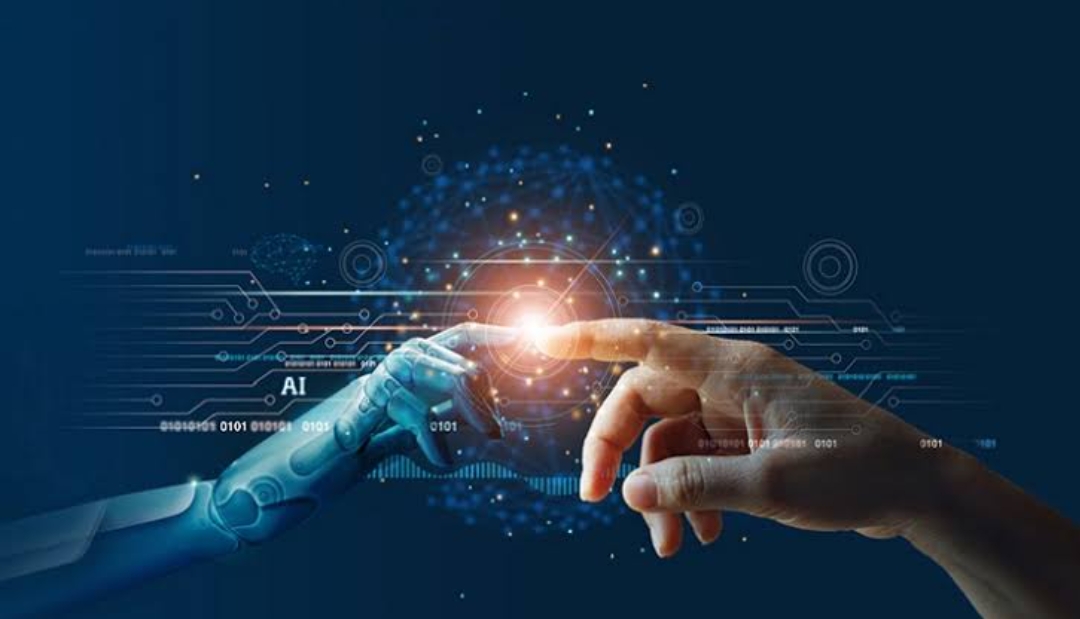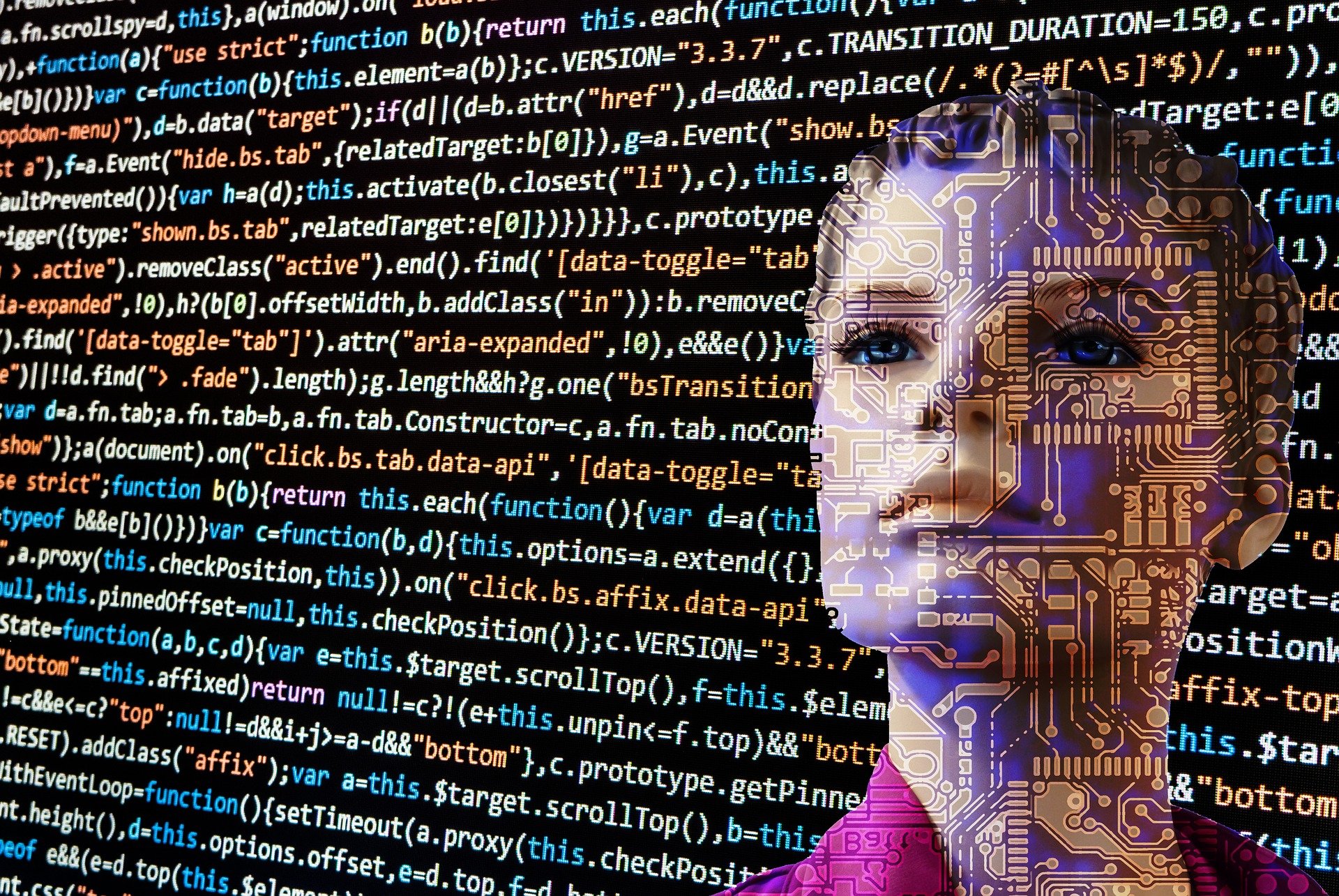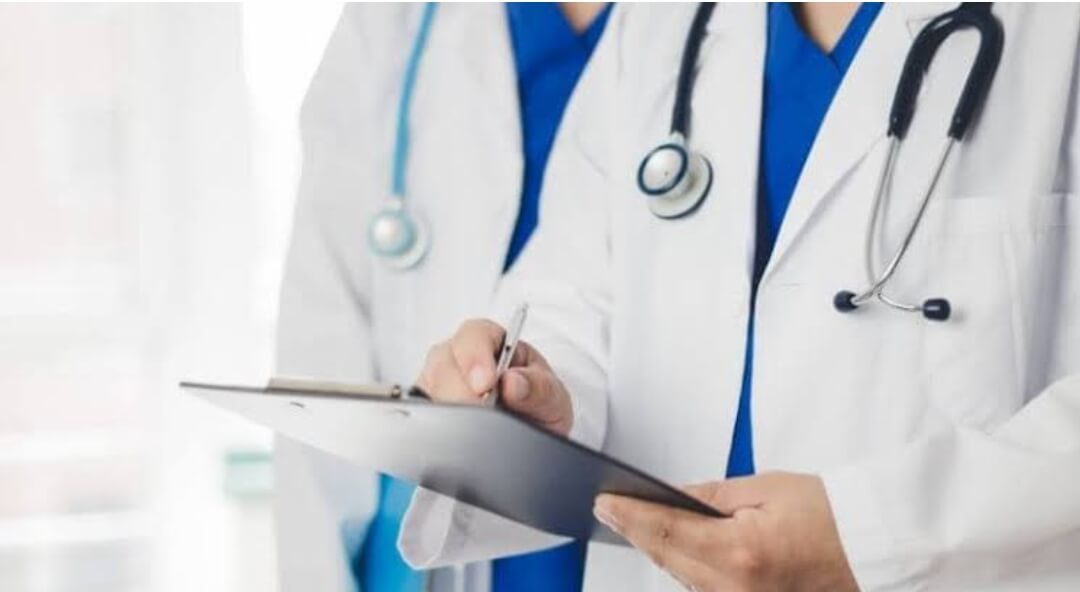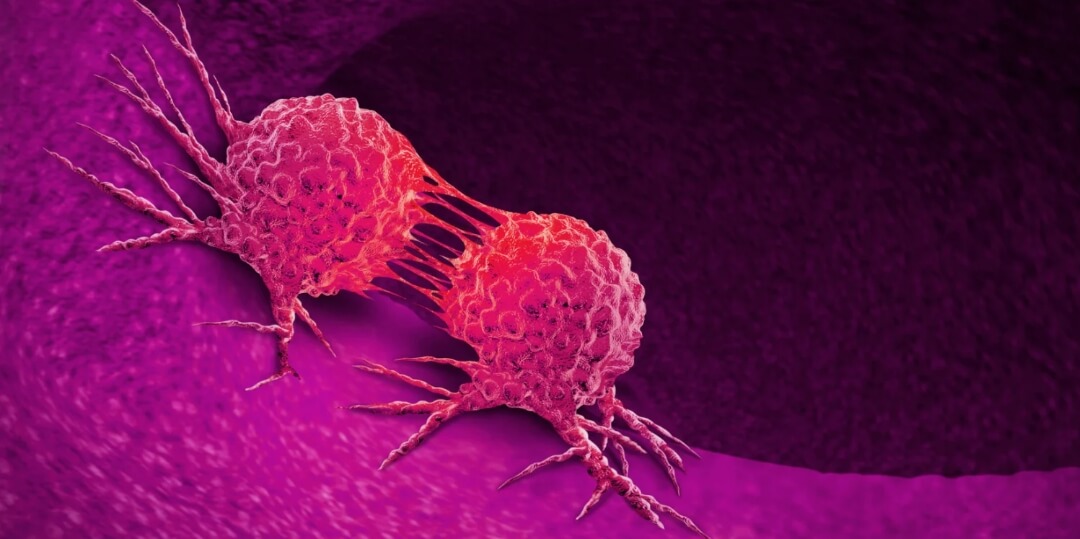
A peep into Technological Future of Cardiology
In the last few decades, we are witnessing the growth of healthcare due to technology and its tools. The different healthcare fields are thriving and making healthcare easier, accessible and affordable. Cardiology isn’t left behind. In the last few years, the field of cardiology saw new cardio technologies which proved the abilities of technologies such as Google Glass, Leadless pacemaker, protein patch for the heart muscle, Bioresorbable stents, valve-in-valve procedure. Such health technologies are coming together to counter many cardiovascular risks and diseases such as stroke, heart failure, heart attack, etc. There is no doubt that the technological future of cardiology is filled with minuscule sensors, digital tools, and artificial intelligence.
Fitness trackers and AI joining forces against Heart diseases
Early detection plays an important part in the prevention of many heart risks. This can be done only through constant monitoring of heart rate, heart structure, and condition. This was once difficult as early signs of heart diseases were hard to trace until the advent of fitness Bluetooth trackers for health in the forms of smartwatches and apps which are pocket-sized and user friendly. With the perfection of these easy-to-use devices and their support by artificial intelligence, the equipment tracks different parameters of the heart. This could mean that cardiology could be more about prediction and early intervention than full-blown disease care.
Measuring heartbeat the technological way
Doctors commonly used the traditional way of measuring heartbeats through a stethoscope. But today digital stethoscopes that are small, portable, and smart help doctors and patients both to record and measure heart rate and lung sounds and also save them automatically in apps for further references. The two most famous digital stethoscopes on market are Clinicloud and EKO Core which combines next-generation infra-red technology with Bluetooth connectivity, it is possible to stream measurements remotely to a clinician, and then store them for comparison later. We can even take readings of temperature immediately, without requiring skin touch. MEDICINE went much further: they collaborated with MIT researchers, Mayo Clinic scientific experts, nurses, cardiologists, and other healthcare professionals to develop the first artificially smart stethoscope device. To create a specific personal biometric signature, it can analyze heart and lung sounds, while adding geo-location and environmental data to each sample in real-time.
Analyzing heart conditions through heart rates
Pulse and heart rate are vital signs that are monitored by mostly all types of fitness trackers and wearables of all sorts, from Fitbit to Wahoo, Garmin or Polar. While measuring the number of heartbeats was common, there was no way to make out the condition of the heart through it until recently. After modernizing these devices to work beyond basics, numerous companies now offer complex measurements making portable diagnostics for chronic health conditions a reality. Where levels of beat-skipping or out-of-normal blood pressure rise, the risk of cardiovascular disorders also appears on the horizon. These devices are pocket-friendly and help its user to analyze beats per minute (bpm) and heartbeat consistency. But the latest trends are in fact patches – leading to future digital tattoos – and smartwatches that measure vital signs.
Help from Artificial Intelligence
Artificial intelligence will mainly assist cardiology in its mission to provide more powerful resources for prevention and prediction. In a few years, all continuous monitoring systems will be fitted with smart algorithms – and predictive capacity may even come from unpredictable medical fields and seemingly far away places. Artificial Intelligence not only can assist in the continuous monitoring and prevention of cardiovascular disease development, but it can also facilitate diagnosis, cardiac imaging, or therapies. We think patients will monitor their heart health everywhere in the future, and artificial intelligence-powered devices would only alert them and their doctors in the event of irregular health events.
future of cardiology



